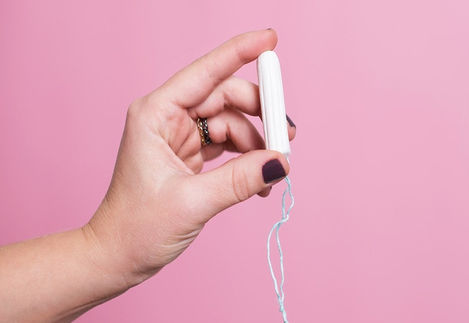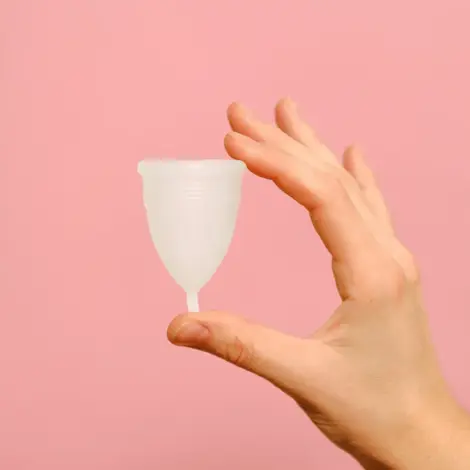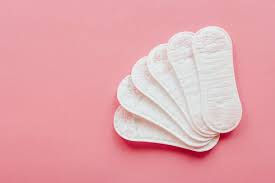The menstrual cycle is a natural and critical part of female reproductive health. However, it remains surrounded by misconceptions and taboos.
At HerMonthly, we provide a comprehensive guide to periods, starting from:
Menstrual Cycle

How does the body develop?
Puberty is the process of physical changes through which a child's body matures into an adult body capable of sexual reproduction. For women, it usually starts between 8 and 13. It includes:
Which Sanitary Product Do I Use?
Choosing the right sanitary product is an important aspect of managing your period. Your lifestyle, flow, comfort preferences, and environmental concerns will all determine which sanitary product is right for you. Experimenting with different options can help you find what works best for your body.
Press the following to read more >






Keep in mind that your decision could change every day or every cycle. The secret is to pay attention to your body's needs and choose things that will help you have the least stressful and most manageable menstruation possible.
HYGIENE
Menstrual hygiene is extremely crucial.Infection prevention and general health depends on maintaining proper menstrual hygiene. Here are some pointers:
-
Regular changing of sanitary products- It is advised to change sanitary products every 4-6 hours.
-
Washing- Cleaning the vagina everyday, without using scented products (as they cause irritation)
-
Disposal- Proper disposal of sanitary products.

MEDICAL DISORDERS
Premenstrual Syndrome (PMS)
Symptoms that occur before menstruation, including mood swings, bloating, and fatigue.
Premenstrual Dysphoric Disorder (PMDD)
A severe form of PMS with more intense emotional and physical symptoms.
Polycystic Ovary Syndrome (PCOS)
A hormonal disorder causing irregular periods, excess androgen levels, and ovarian cysts.
Fibroids
Non-cancerous growths in the uterus that can cause heavy bleeding and pain.




